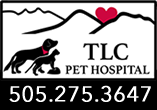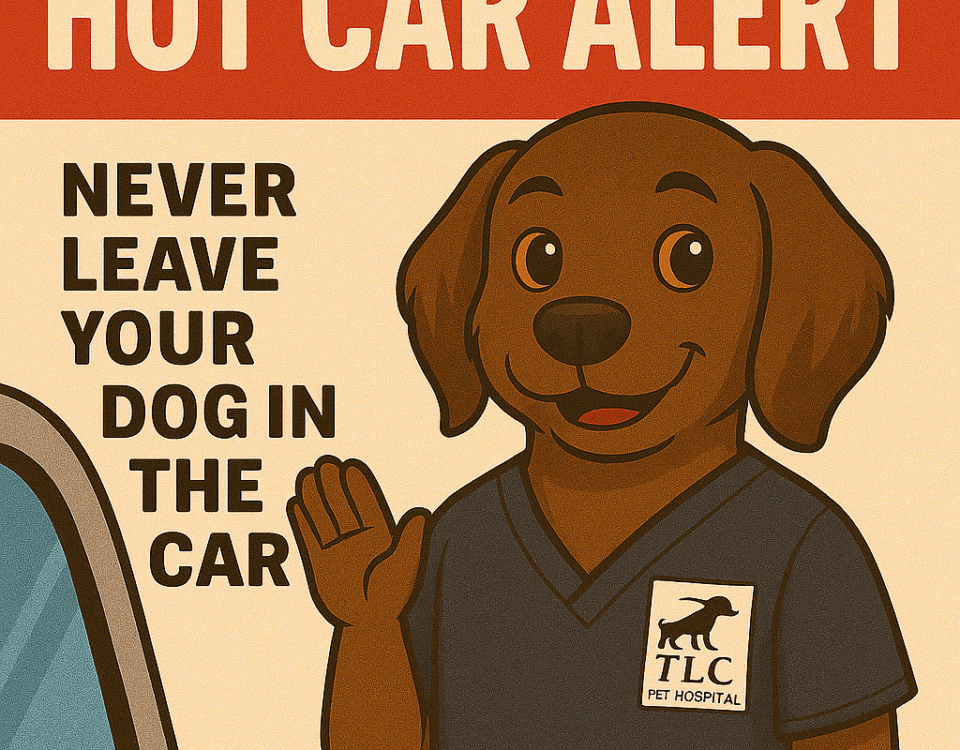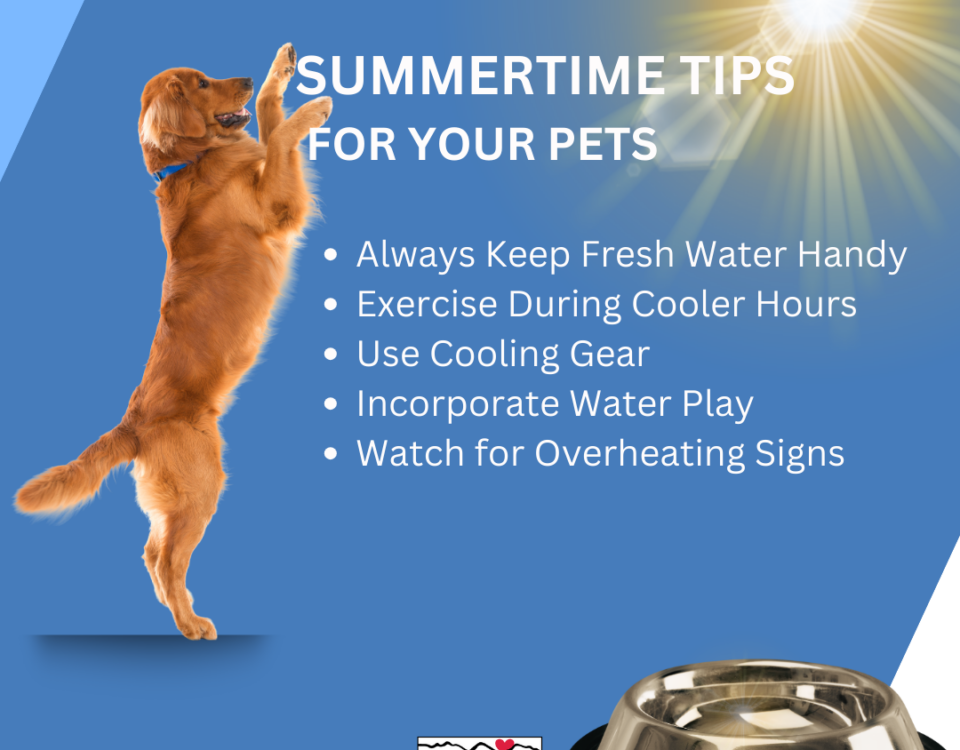Canine Heat Stroke
March 27, 2014Dog Sports 101
April 22, 2014Why is veterinary dental care costly? Plus tips for the pet
owner
I am asked why the cost of veterinary dentistry is expensive. It is true that over the
past several years there has been a change in veterinary dental fees. This is a direct
result of the increase in technology that is available for the safe anesthesia and
treatment necessary to practice the highest quality veterinary dentistry. The good
news is with this new technology, we can provide much better quality oral care for our
pets and have them live healthier, happier lives.
All dental procedures should be performed under
general anesthesia. Safe anesthesia starts with
prescreening to determine the overall health of a
patient. This includes a comprehensive physical
examination, blood tests and sometimes other tests
such as chest x-rays, echocardiograms or
electrocardiograms. Anesthesia drugs, administration
and monitoring pets undergoing dental procedures have
become very sophisticated so that we can now
anesthetize higher risk and older patients with a higher
degree of safety. While a patient is under general anesthesia, several vital signs are
monitored to ensure the patient is tolerating the anesthesia well. Monitoring often
includes an electrocardiogram, blood oxygen, expired carbon dioxide and blood
pressure. The prescreening process and administration of anesthesia is quite similar to
the process used in human medicine.
Through the use of intra oral x-rays, technology has also
advanced to allow us to diagnose dental disease that was
previously undetectable. Many practices now use digital
radiography or a computerized x-ray image. This eliminates the
need for dental films and the slow process of developing x-rays
by hand. Now, a digital sensor is placed in the patient’s mouth
and the image shows up on a computer screen seconds
later. The amount of radiation necessary for digital images is only a fraction of what was used for film x-rays. Intra oral radiography is the single
most important tool for the diagnosis of dental disease.
Many veterinary dental practices are now using “high speed” drills for use in oral
surgery. This allows us to more easily treat teeth, extract teeth and perform many
oral surgeries. As a result of all the advances in veterinary dentistry, we have an
increased ability to treat the dental disease that is present with higher degrees of
sophistication. All of this adds to an increased cost of care, but the best news is that
we now have pets that seem to feel much younger, happier and more energetic after
being treated for dental disease.
With increased knowledge of dentistry, we are now capable if diagnosing and treating
a much wider variety of dental disease. These new therapies allow us to save teeth in
many instances and help to maintain mouths with a lesser degree of oral pain. Some
of the procedures that are commonly performed include endodontic therapy (root
canal therapy) for broken or dead teeth, advanced medical and surgical techniques for
treating periodontal disease, orthodonture for animals whose natural bite might be
causing oral pain, newer techniques for the treatment of jaw fractures and
the placement of crowns on working dogs with fractured teeth.
Part of every pet’s examination should include an oral
evaluation. In the awake patient, only a limited view of the
mouth is obtained, but often good enough to determine if an
anesthetic exam and dental cleaning should be
performed. The veterinarian is often looking for evidence of
halitosis (bad breath), calculus or tartar on the teeth,
gingivitis, periodontitis, broken teeth, loose teeth, decay of
the teeth, etc. Any of these changes warrants an anesthetic
evaluation and treatment.
Preventive dental care at home should include daily
brushing of the teeth. Brushing less than once a day has
been shown to have little positive benefits on the
prevention of dental disease. There are now diets and
chews approved by the Veterinary Oral Health
Council (VOHC). The VOHC seal of approval certifies that
a dental diet or product will decrease plaque and tartar
accumulation on teeth. Annual oral exams performed by
your veterinarian can help screen for dental disease and
annual prophies are recommended to minimize plaque and tartar build up. Keeping
the teeth clean is the best way to prevent periodontal disease and keep our pets
healthier and happier.



